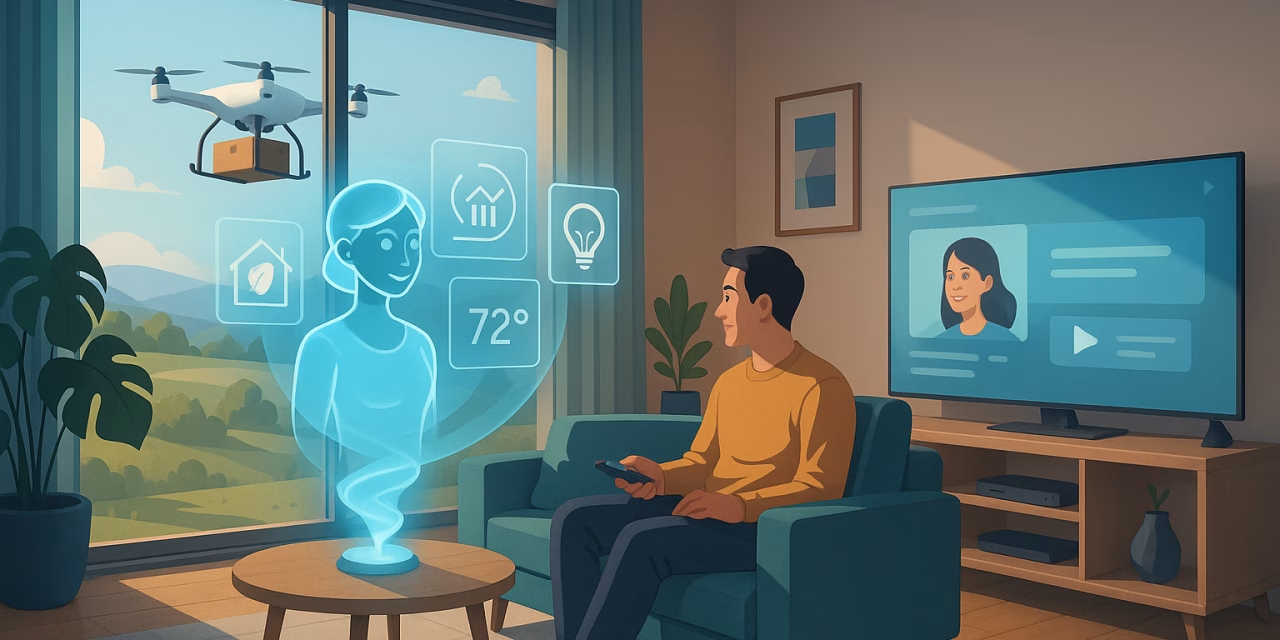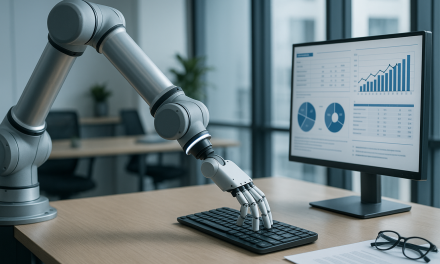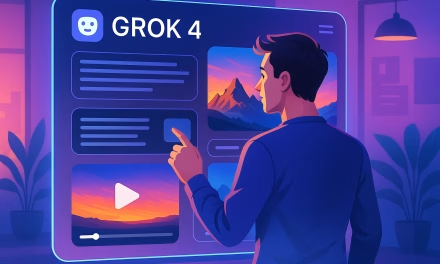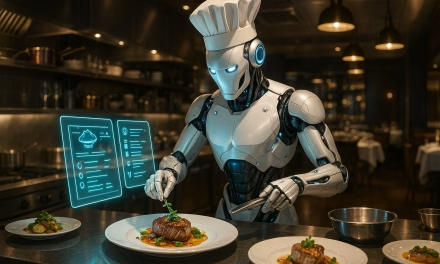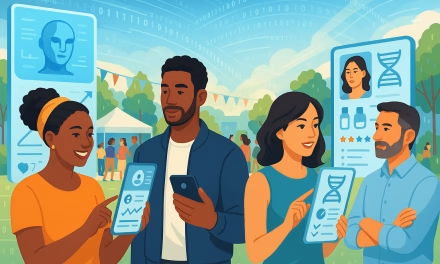June 26, 2025, highlights the pervasive and seamless integration of Artificial Intelligence into our daily lives, fundamentally transforming personal assistance, urban mobility, and personalized digital experiences. AI is no longer a distant concept but an invisible force shaping our routines and interactions.
The evolution of personal AI assistants is a prime example. These intelligent companions now go beyond basic scheduling, optimizing home energy consumption, providing personalized financial advice based on individual habits, and offering real-time route suggestions that factor in traffic and weather data. This level of proactive assistance streamlines daily tasks and enhances personal efficiency.
In the transportation sector, autonomous vehicles and delivery drones are becoming increasingly integrated into urban environments. AI algorithms are continuously improving their navigation capabilities, reducing human error in traffic systems, and making urban mobility more efficient and potentially safer. The vision of a smart city, where AI orchestrates traffic flow and logistics, is rapidly becoming a reality.
Furthermore, AI continues to deepen personalization across digital platforms. Streaming services like Netflix and Spotify, e-commerce sites, and email services are refining their recommendation algorithms based on intricate user behavior patterns. This hyper-personalization ensures that content, products, and communications are tailored to individual preferences, enhancing user engagement and satisfaction.
The inaugural “AI for Impact Day” on June 26 further underscored AI’s expanding role, with discussions focusing on its applications in federal government and defense operations, streamlining processes, enhancing intelligence, and improving decision-making. This broader impact signifies AI’s role not just in personal convenience but in societal infrastructure.
The developments on June 26, 2025, collectively paint a picture of an AI-powered life where technology anticipates our needs, optimizes our environments, and connects us in increasingly intelligent ways. This seamless integration promises a future where daily routines are more efficient, personalized, and responsive to individual needs.

